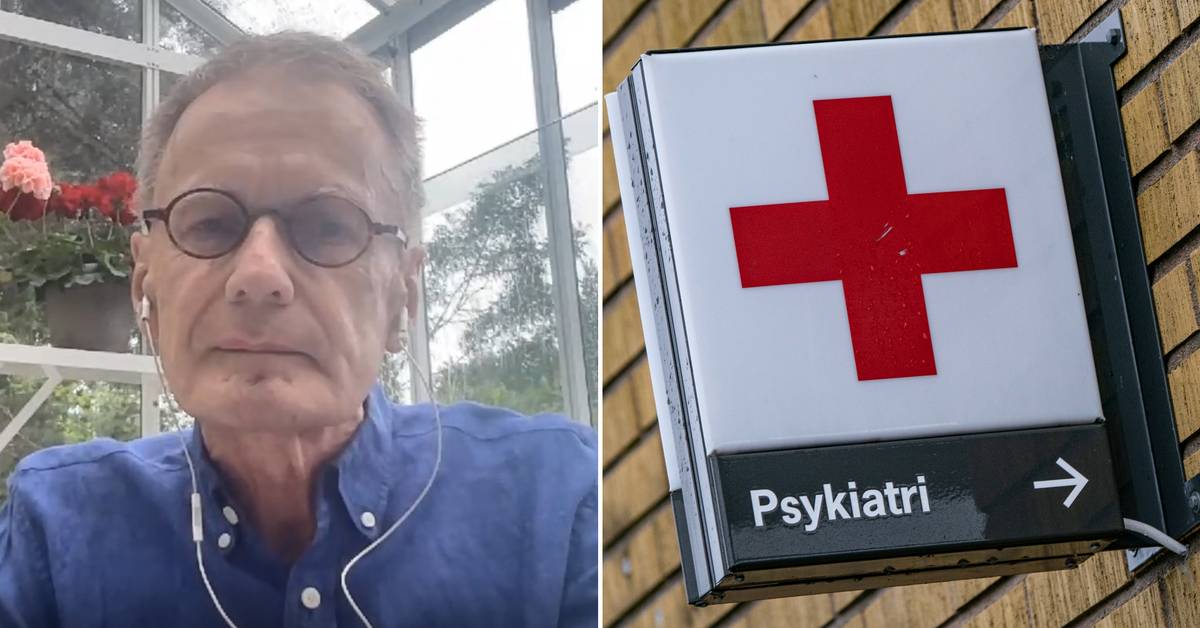The Privacy Protection Authority, IMY, has initiated an investigation against the database site Verify to find out if it is legal for the company to collect and sell hundreds of thousands of data on Swedes' mental compulsory care, sick leave and substance abuse problems to employers and the general public.
Ingemar Engström, affiliated professor of child and adolescent psychiatry at Örebro University, has devoted a large part of his professional life to compulsory care research.
He is strongly critical of Verified's business model, which he believes lacks ethical guidelines.
- I am surprised, not to say upset that the company does not understand the difference between criminals and the mentally ill, he says to SVT.
"Completely unacceptable"
On Verified's database, there are rulings from general administrative courts that apply to sensitive personal data about health.
- By paying a penny and with a simple push of a button, anyone can access people who have been compulsorily cared for in psychiatry, it is really not reasonable.
It is deeply unethical, says Ingemar Engström.
Verify does not mean that they do not bear the ethical responsibility here, but in that case one may criticize that this information is public?
- It's a way to get away.
I expect commercial companies to take ethical responsibility too, what can happen to this information?
I understand from their answer that you are completely cold-blooded and uninterested in that perspective.
I think that is inhuman, unreasonable and completely unacceptable.
"Not our job to censor"
Verified Chairman of the Board and responsible publisher Gunnar Axén does not agree with the criticism.
He believes that the company provides important information for journalists and citizens.
- There is a reason why we have a principle of openness and that is so that we can gain insight into the judiciary and examine how it works, he says.
But why do you provide documents about the mentally ill, who have not done anything criminal?
- It is up to the authorities, in this case courts, to decide whether it is information that is so worthy of protection that you want to keep it confidential.
It is not our job to censor in public documents, says Gunnar Axén.

